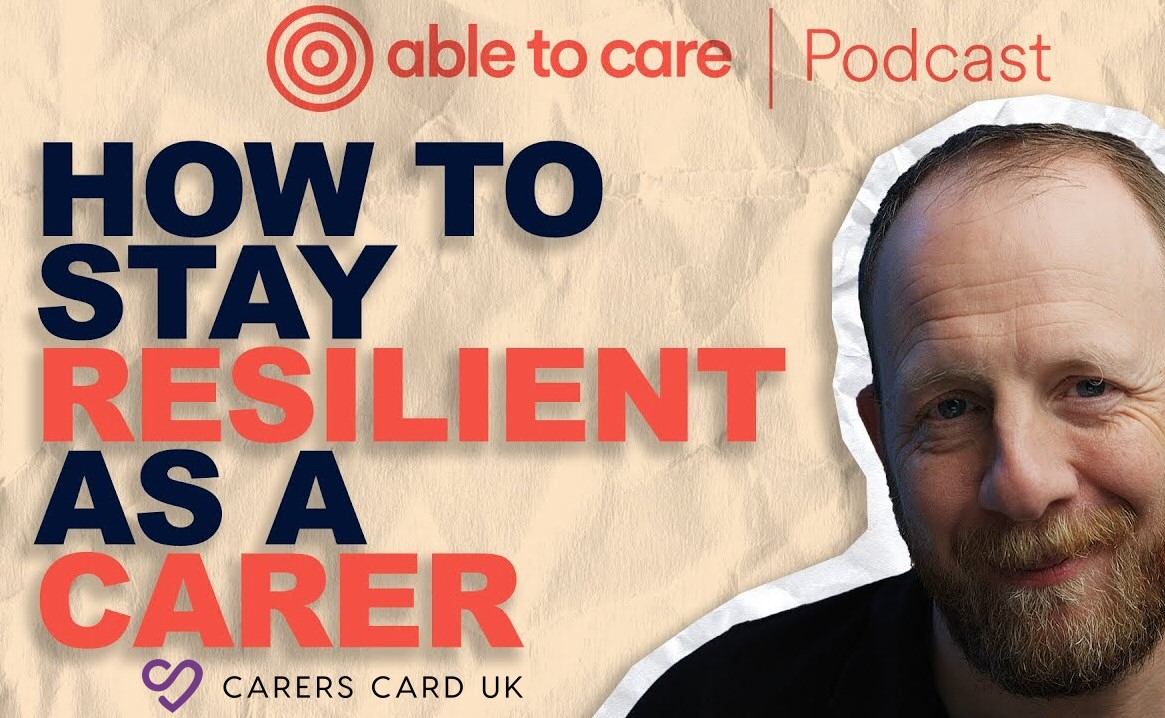Here are a few ways you can take a break when caring for someone:
- 1. Hire a respite care service: Respite care is a service that provides temporary care for the person you are caring for, allowing you to take a break. This can be a good option if the person you are caring for has specific needs that require specialised care.
- 2. Ask for help from friends and family: Reach out to your friends and family members and ask them to help you with the care of the person you are caring for. This can be especially helpful for tasks such as grocery shopping or running errands.
- 3. Take advantage of community resources: Many communities have resources available for carers, such as support groups or day programs for the person you are caring for. These resources can provide a much-needed break for you.
- 4. Schedule regular breaks: Plan and schedule regular breaks for yourself, whether it's an hour or a day. This will help you to maintain a sense of balance in your life and avoid burnout.
- 5. Take time for yourself: Make sure to take time for yourself and do things you enjoy, such as hobbies, reading, or exercise. These activities can help to reduce stress and improve your overall well-being.
- 6. Prioritise self-care: Engage in self-care activities such as meditation, yoga, or journaling can help you take a break from your caregiving duties and focus on your own needs.
- 7. Seek professional support: It's important to seek professional help, such as counseling or therapy, if you find that the stress of caregiving is impacting your mental or physical health.
It's important to remember that taking a break is important for both you and the person you are caring for. You need to take care of yourself in order to be able to provide the best care possible.







